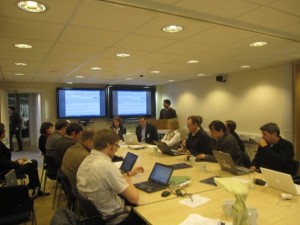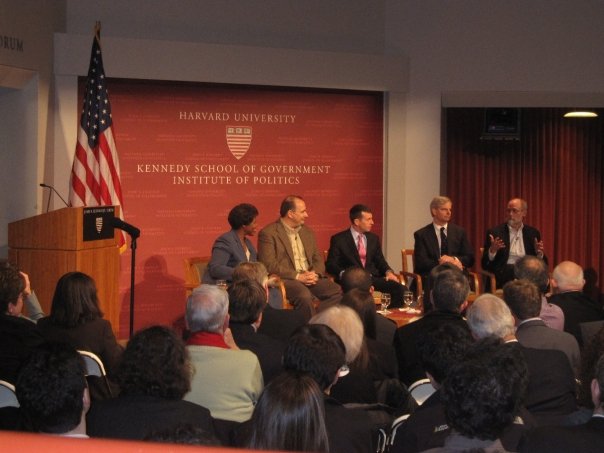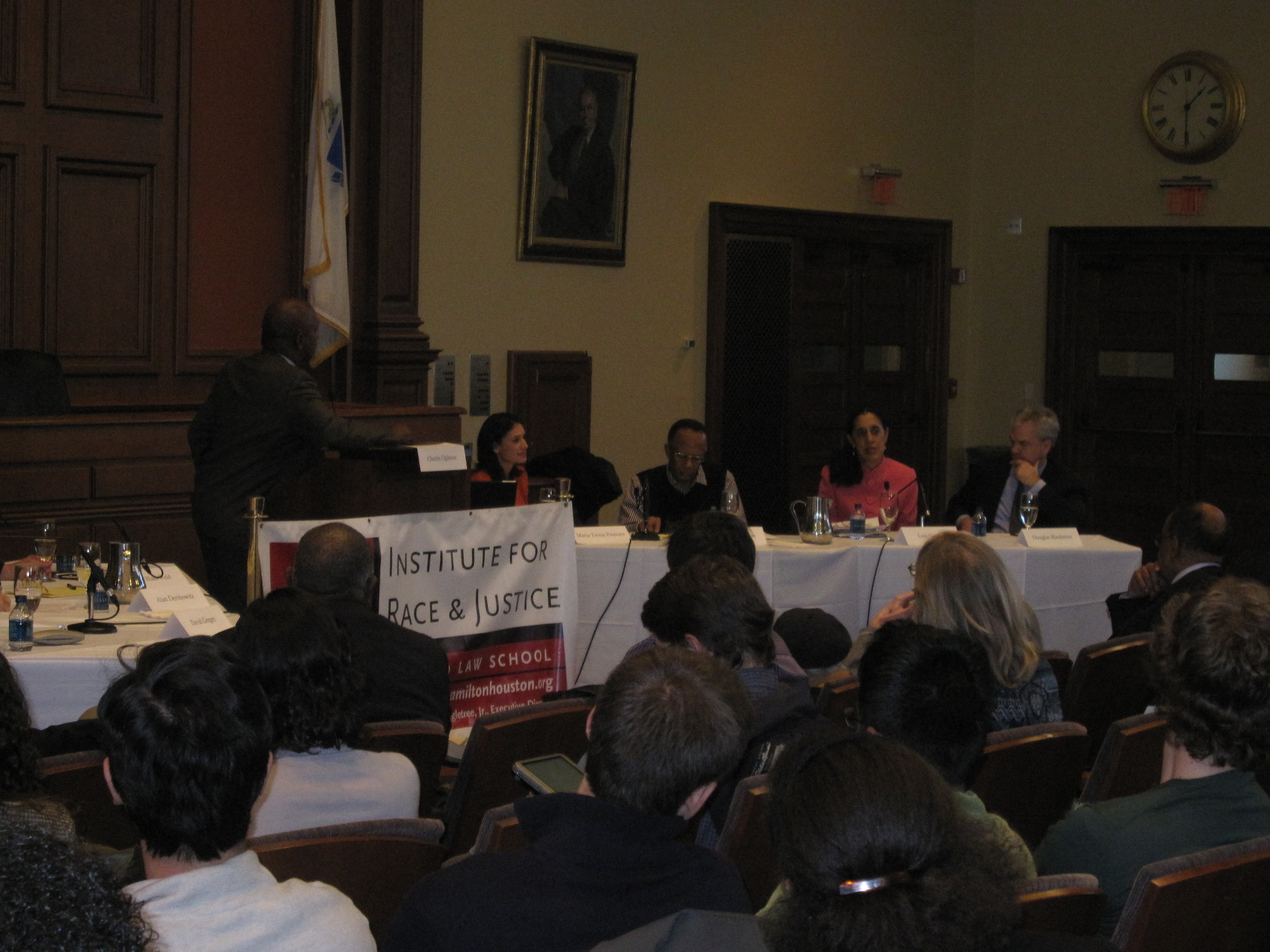The Pew Internet and American Life Project has just released a report on the role of the Internet in the 2008 US election, which analyses trends in how people consume political news & information and the ways they use the internet to engage with politics. Here are some of the key findings:
More than half (55%) of the voting-age population has used the Internet to get involved in the political process during the election year (74% of Internet users).
The survey findings show that the Internet has become a paramount tool for people’s engagement in the political process, not only as a source of information (60% of Internet users have gone online to look for political information in 2008 compared to 22% in 1996), but as a tool for active participation. 18% of Internet users actively engaged online by posting comments on the campaign on online forums such as blogs or social networking sites and 45% watched online videos related to the campaign.
Young voters (18-24 year olds) showed the highest levels of political involvement online. They engaged heavily in the political debate through social networking sites: two-thirds of young people with a social networking profile took part in some form of online political activity. Continue reading “The Internet and the 2008 US election: participation and/or fragmentation?”



